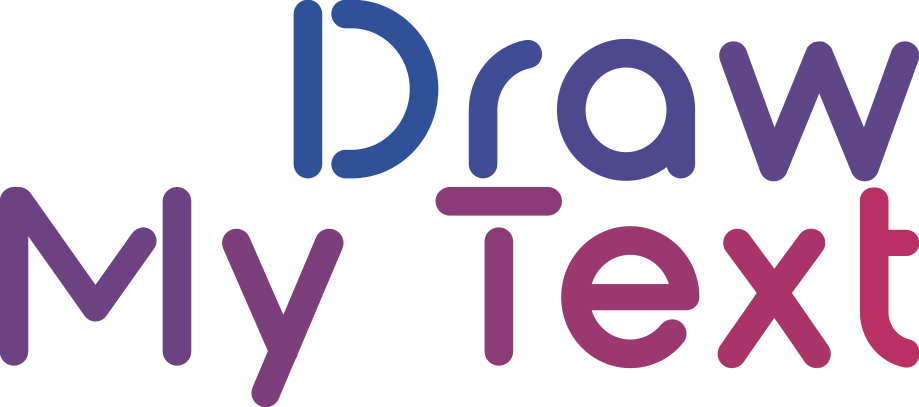
Beyond Deep Learning: How Generative AI Is Revolutionizing Startups
January 29, 2024
From Deepfakes to Data Privacy: Ethical Challenges in the Age of Generative AI
January 29, 2024Hi there! 😊 If you’re curious about the fascinating intersection of artificial intelligence and intellectual property (IP), you’ve come to the right place! As an expert in AI and a professional content writer, I’m here to guide you through the complexities of who owns AI-created works. We’ll delve into the IP challenges and solutions that have arisen as generative AI continues to blur the lines between human and machine creativity.
In today’s digital landscape, AI is not just a tool; it is the artist, the inventor, and sometimes, the disruptor. From writing symphonies to painting virtual masterpieces, AI’s capabilities are rapidly evolving, raising the question: Who owns the fruits of AI’s labor? Let’s embark on this intellectual journey and unearth the answers together.
Who Owns AI-Created Works? The Legal Conundrum
Ownership of AI-generated works falls into a legal gray area. As I pen this down, the current intellectual property laws are tailored for human creators, leaving a significant gap when it comes to AI. For instance, when an AI creates an artwork, should the rights be attributed to the AI itself, the developer who created the AI, or the user who inputted the data? This enigma is further complicated when we consider global differences in IP legislation.
The crux of the issue lies in the fact that most jurisdictions do not recognize AI as a legal entity capable of owning property—including intellectual property. This often results in IP rights defaulting to the human involved in the creation process, but this approach has its own set of challenges and doesn’t always feel intuitively correct.
To better understand the complexity, let’s step into the shoes of different stakeholders. Imagine being an AI developer; you might argue that without your sophisticated algorithms, these creative outputs wouldn’t exist. On the other hand, users might claim that their data input and creative direction were key. And then there are those who suggest that AI creation falls into the public domain, fueling further debate.
IP Challenges and Solutions in the Age of AI
The challenges we face in defining AI-generated IP are vast, yet not insurmountable. Proposed solutions span from legislative reformation to the creation of new IP categories that cater specifically to AI. There is a dire need for a framework that not only incentivizes AI innovation but also addresses the ethical implications of AI ownership.
Solutions in this domain could include developing an ‘AI-generated’ IP category, offering limited IP rights to AI developers or users, or even recognizing AI as ‘digital persons’ in a legal context. Though these solutions vary, their goal is the same: to navigate the uncharted waters of AI-generated content in a way that fosters creativity while ensuring fairness and accountability.
For a deeper dive into these proposed solutions, I recommend reading through the latest WIPO Magazine articles, where they explore the evolving landscape of IP law as it tries to keep pace with technological progress.
Generative AI and Intellectual Property: Harmonizing Human and Machine Creativity
Generative AI is the new kid on the block, mesmerizing us with its ability to generate content that rivals human creativity. As we marvel at its creations, we must also work to integrate AI into our existing IP framework in a balanced and equitable manner.
One possible solution is the implementation of a licensing system. This approach could ensure that AI-generated works are utilized in a manner that credits and compensates all contributing parties properly. Moreover, educational campaigns focused on raising awareness about the nuances of AI-generated content could play a pivotal role in shaping public perception and policies.
Amidst these discussions, it’s essential we don’t lose sight of the philosophical and moral questions that often accompany conversations about AI. What does it mean to be a creator? How does AI fit into our understanding of innovation and originality? These questions are as crucial as the legal ones, and they give us much to ponder as we navigate this new terrain.
Before diving into the FAQ section, I’d like to introduce you to DrawMyText. This premium text-to-image generation platform leverages the power of AI to bring your creative visions to life. With various pricing options and rich features, DrawMyText offers a sublime marriage of convenience and ingenuity for both personal and commercial projects. Check out our offerings and see how your text can transform into stunning visuals!
Frequently Asked Questions (FAQs)
Who currently holds the rights to AI-generated works?
As of now, the rights to AI-generated works typically go to the human creator involved in the process, whether it’s the developer of the AI or the user providing input. However, this varies based on jurisdiction and is an evolving aspect of intellectual property law.
Can AI be considered an author or inventor under current IP laws?
Under most current IP laws, AI cannot be considered an author or inventor. IP rights are traditionally granted to humans or legal entities. That said, there is an active global discussion about updating these laws to reflect AI’s growing role in the creative process.
What are some proposed legal solutions for AI-generated IP rights?
Proposed solutions include creating a new category of IP for AI-created works, reforming existing laws to address machine-generated content, and implementing a licensing framework to ensure fair use and compensation.
How do different countries handle the IP rights of AI-generated works?
Different countries are at various stages of addressing this issue—some are actively legislating, while others have yet to make significant moves. The situation is very fluid; keeping an eye on international developments is key. JIPITEC offers insight into the international perspective on this matter.
Could AI ever be granted legal personhood to own IP rights?
The concept of granting AI legal personhood is a subject of debate. While some scholars and policymakers argue this could resolve certain legal complexities, others are wary of the ethical and practical implications of such a move.
Join the Conversation
I hope you’ve enjoyed exploring the dynamic terrain of AI and IP with me! As these technological advancements continue to outpace legal systems worldwide, the discussion about who owns AI-created works only grows more compelling. I encourage you to contribute your thoughts and keep the dialogue going. If you’ve found this article insightful, don’t hesitate to share it and consider subscribing to our platform for more engaging content like this.
Thanks for reading, and remember to stay curious and informed! After all, the future of creativity and innovation is a story we’re all writing together. 😉
Keywords and related intents:
1. Keywords: Artificial intelligence, Intellectual property, AI-generated works, Ownership, Legal gray area, Digital personhood, Licensing system, IP challenges, AI innovation, WIPO Magazine.
2. Search Intents:
– Understand the intersection of AI and IP rights.
– Find out who legally owns AI-created works.
– Investigate the legal challenges of IP rights for AI inventions.
– Learn how intellectual property laws apply to AI art and content.
– Explore proposed legal reforms for AI-generated intellectual property.
– Compare international IP legislations regarding AI.
– Research the debate on AI as a legal entity and IP ownership.
– Discover solutions for attributing IP rights in AI developments.
– Identify the impact of generative AI on creative industries and IP law.
– Gain insights into the future direction of AI-generated content and copyright policy.
#Generative AI and Intellectual Property
#Owns #AICreated #Works #Challenges #Solutions


